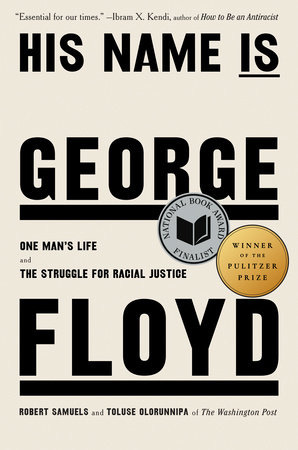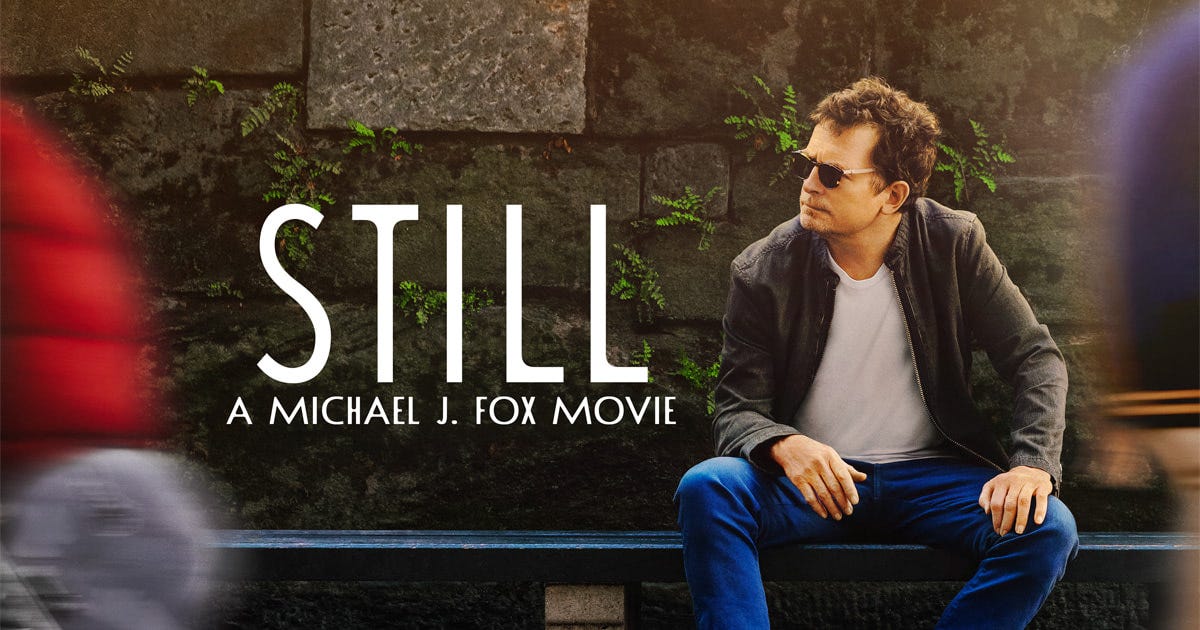I think about near-death experiences from time to time. Two come to mind for me, both involving cars.
In one, I’m driving in the rain on the 101 in Los Angeles. A car ahead of me starts hydroplaning, first veering to the left, then to the right, then spinning to ultimately face me and my oncoming car. I manage to dodge it and keep going.
In another, I’m attempting to hail a cab at 5 am on the southwest corner of 49th Street and 5th Avenue in Manhattan. For a variety of reasons too complicated to explain, a car heading down 5th Ave crosses in front of me at about 40 mph, hops the sidewalk, and launches into the glass facade of a Lacoste store.
Everyone in the car was okay. But I understood in the moment that if the driver had made a slightly different geometric calculation, I would have been dead and the driver’s life would have been forever changed.
Those moments are tangible for me. I know they happened and recognize the danger they posed. But what I find more interesting are the potential moments that didn’t happen.
Like, when I forget my car key in my house sometimes, briefly delaying my errands, I wonder: did those 15 seconds change the course of my life?
Or when I decide to walk an unusual route to a familiar destination, I question: if I had gone the usual way, would something have happened to me?
I can safely assume that these tiny deviations from the norm have almost no impact. Life would have likely kept heading in the same direction, regardless of the delay or the different route.
But I’ve been alive for more than 23 million minutes. It’s certainly possible that in a handful of those moments, something seemingly inconsequential has helped me avoid disaster.
These are the near-death experiences we’ll never know.
The Best…
…Book I Read This Week
His Name is George Floyd: One Man’s Life and the Struggle for Racial Justice (Viking, 2023) — By Robert Samuels and Toluse Olorunnipa
We all know what happened to George Floyd in the spring of 2020, and what happened in the aftermath of his death. But who was he? What were the circumstances that led to his body being pinned under the knee of Minneapolis police officer Derek Chauvin?
In His Name is George Floyd, Washington Post journalists Robert Samuels and Toluse Olorunnipa answer that question in two ways.
Yes, they present the biographical outline of their subject’s life, both in Houston’s Third Ward and later in Minneapolis. These specific details are unique to Floyd.
But perhaps more pointedly, they also put his life in the context of history. They go all the way back to the 18th century, when some of Floyd’s ancestors were slaves. They follow the story through Reconstruction and beyond, from sharecropping and segregation to the war on drugs, showing the ways in which Floyd’s life — and the choices available to him — were not unique.
The book is a work of journalistic excellence. The authors neither lionize nor adversely judge Floyd and his actions. To be sure, they have a point of view, but they let their interviews and reporting do the talking.
While reading His Name is George Floyd, I thought of watching the 1977 miniseries Roots in my fifth grade class, and how formative an experience that was for me. That story, of writer Alex Haley’s family history, chronicled his ancestors’ capture in Africa, their journey across the Middle Passage, and subsequent generations of enslavement in the United States.
But Haley’s work was complicated by his admitted blurring of fact and fiction, and allegations of plagiarism.
I’m aware of no such complications for His Name is George Floyd, which recently won a Pulitzer Prize. This story was meticulously researched and reported, helping to turn a symbol back into a man and explain why so many people are living challenging circumstances similar to Floyd’s, with names that will never ring out.
Thanks to reader Hirsh S. for the tip.
…Documentary I Watched This Week
Still: A Michael J. Fox Movie (2023) — Directed by Davis Guggenheim
Available on Apple TV+
I’ve seen almost none of Michael J. Fox’s work. The Back to the Future movies are iconic for me, of course. And I saw his guest spot on Curb Your Enthusiasm a few years back. But that’s pretty much it.
No Casualties of War. No Teen Wolf. No Bright Lights, Big City. No Doc Hollywood. No The Secret of My Success. (I watched the popular series Family Ties as a kid but remember few specifics.)
Yet he has felt like a constant presence in my entertainment-consuming life for as long as I can remember.
The enduring legacy of Back to the Future is largely responsible for this. I was six years old when the original came out in 1985. It stands as the first VHS tape we ever watched in my house (a milestone that used to mean something to me). Over the years, I’ve probably seen it 20 times, and I find myself referencing it twice a week or so.
Besides portraying Marty McFly, the other reason Michael J. Fox feels so present to me is because he’s publicly lived with the effects of Parkinson’s Disease for the past 25 years. His activism has reportedly helped raise more than $1 billion for Parkinson’s research, and he has effectively used his celebrity to bring awareness to the cause.
Still: A Michael J. Fox Movie, directed by Davis Guggenheim, ties together the actor’s career with his illness and family life. It’s an appealing portrait that pulls back the curtain on a disease that is well known but not often well seen. And it humanizes an important pop culture figure, no matter how much of his work you’ve consumed.
Thanks to Hirsh S. for the tip on this one too.
…Podcast I Listened To This Week
Bandsplain — Hosted by Yasi Salek
My comments last week about R.E.M. generated some fun feedback. One reader, Abtin M., suggested I take a deep dive into the band’s music and history through the podcast Bandsplain. So I did.
On each episode of Bandsplain, host Yasi Salek has a conversation with an expert commentator about a particular band. Sometimes these are very famous bands, sometimes they are more of the cult variety.
The episodes can be quite lengthy and are geared towards people who would actually enjoy listening to a six-hour discussion about the life and music of, say, Radiohead (raises hand).
Much of one’s enjoyment will hinge on whether you dig Salek’s low-fi millennial vibe. Even though I once asked a girlfriend to not call me “babe,” I’m into Salek’s repeated use of the word, as well as her frequent terming of a piece of music as a “goddamn gorgeous beautiful song.”
More to the point, Salek does her homework, and her passion particularly comes through when she loves the band she’s discussing.
So far I’ve listened to a handful of episodes, covering R.E.M., Radiohead, Lifter Puller/The Hold Steady, and Guns N’ Roses. I’m not only learning things but also feeling inspired to go back into these bands’ catalogues to reacquaint myself with the work.
Thanks again to Abtin M. for the tip.





I asked a BF once to stop calling me “babe”. We must be related!